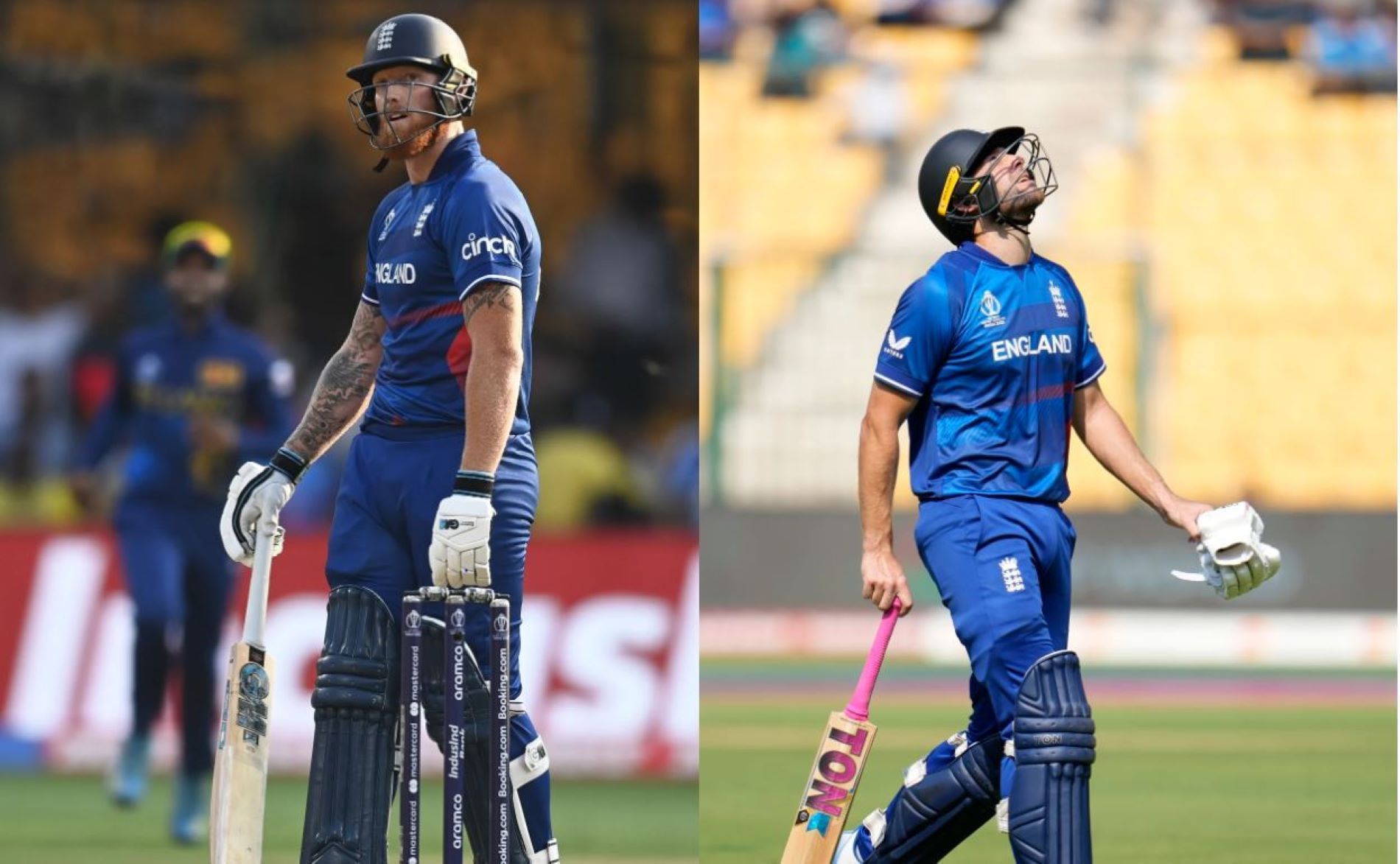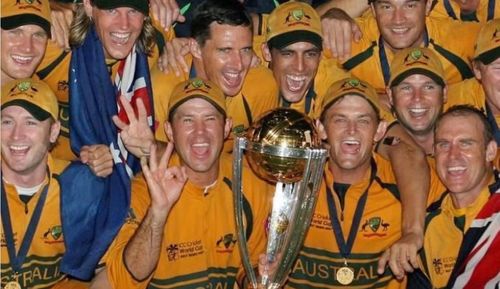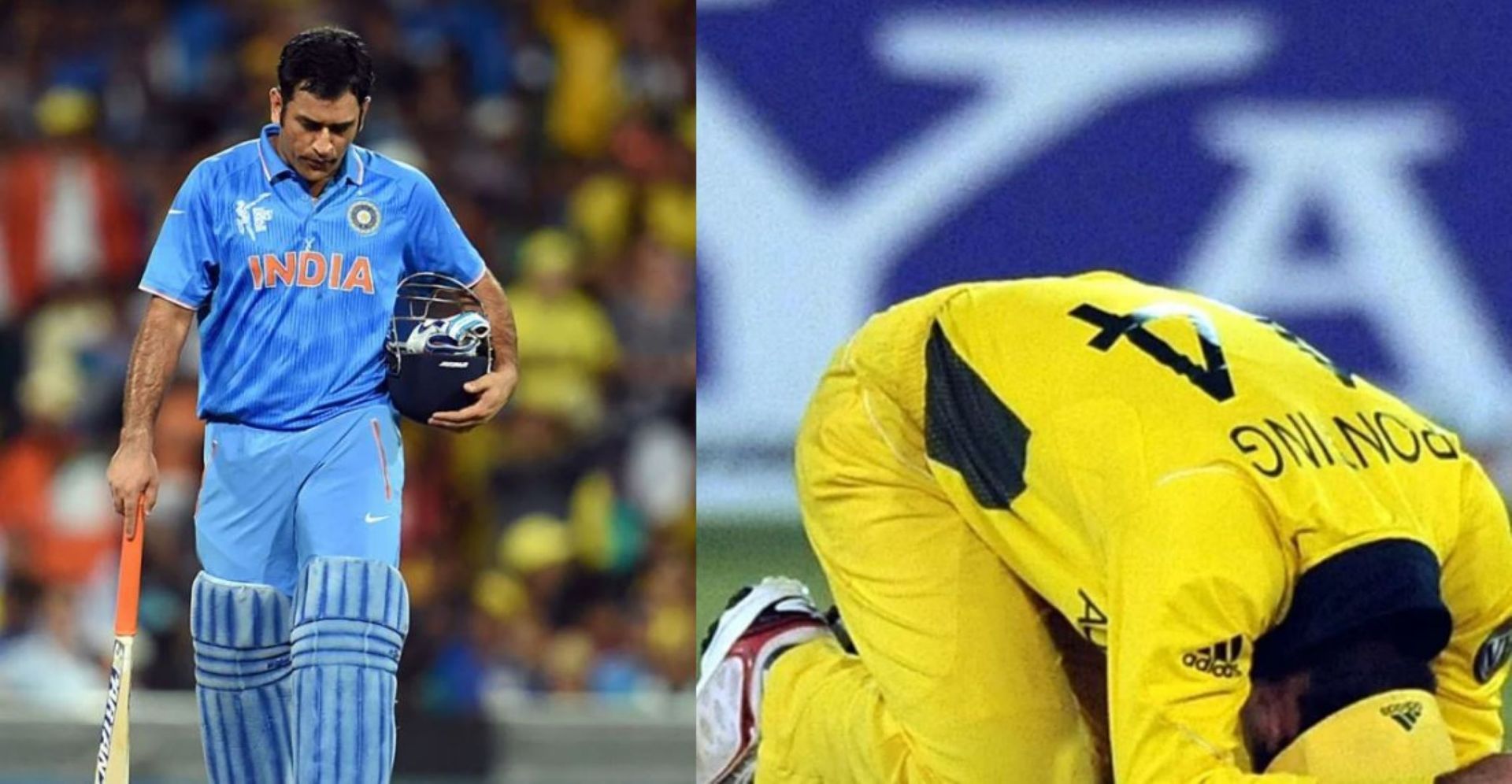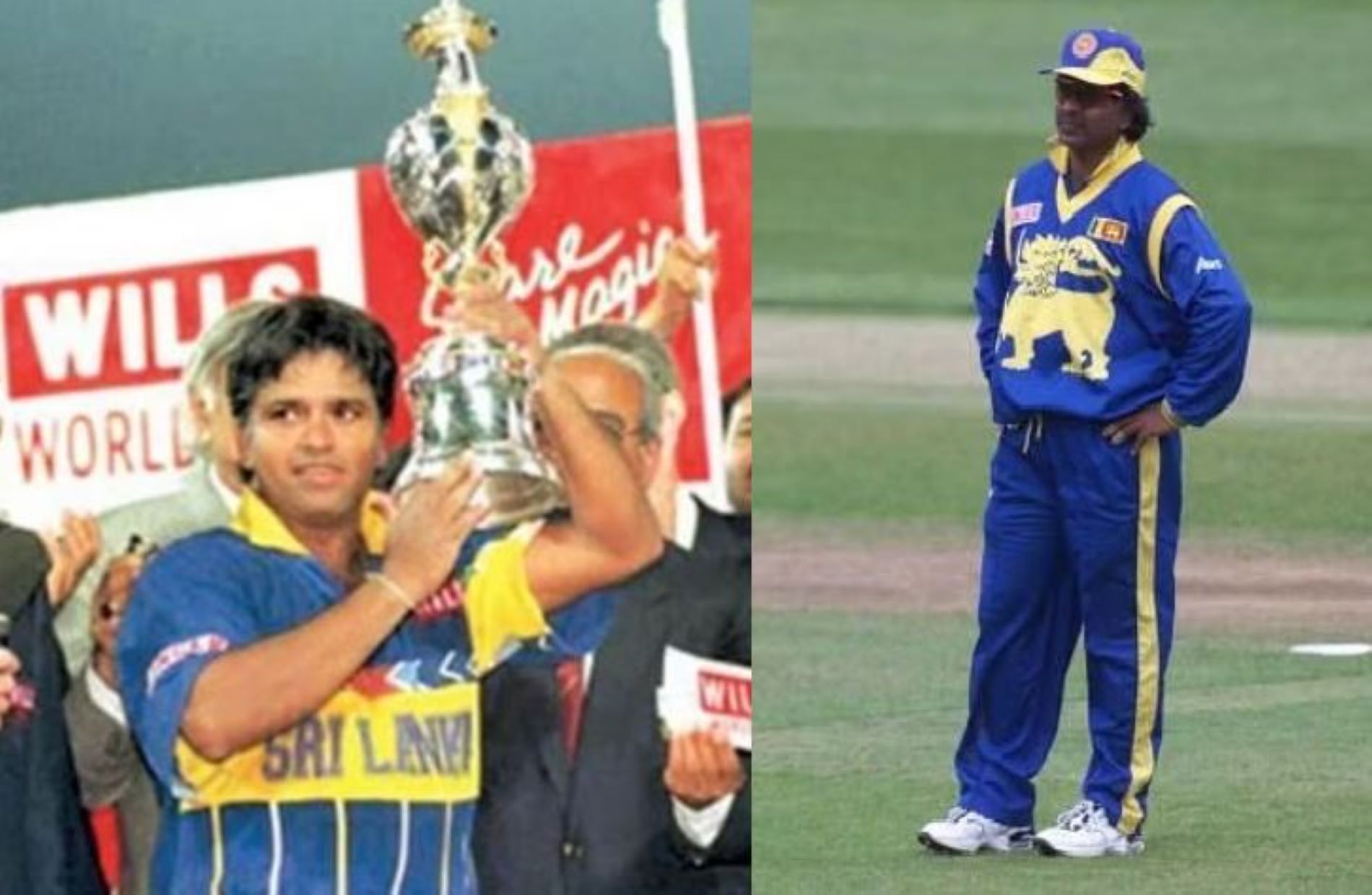
Is England's current campaign the worst by a defending champion in ODI World Cup history?
England continued their miserable 2023 World Cup campaign with a shocking eight-wicket loss to Sri Lanka to all but bow out of the tournament with a solitary win in five games.
While the defending champions aren't mathematically eliminated from semi-final qualification, they will require divine intervention of the highest order to garner any hopes of breaking into the top four. The results have been all the more surprising considering England's white-ball form over the last few years.
Following their dismal 2015 World Cup campaign, England reached the semi-final and the final of the 2021 and 2016 T20 World Cup and won the 2019 ODI and 2022 T20 World Cups. They brushed aside New Zealand at home in a four-match ODI series entering the World Cup and were pitted as heavy favorites to defend their title.
However, their bowling has been toothless from the opening game against New Zealand, and the same has carried over to the batting over the last three games against Afghanistan, South Africa, and Sri Lanka. The other cause for pause has been their wholesome changes in each outing, showcasing a lack of clarity and direction amongst the team management.
All of this has raised questions on if this is the worst-ever performance by a defending champion in a World Cup. England are currently second from the bottom on the points table with only four games remaining.
While only Australia and the West Indies have ever defended their title, rarely has a side been this horrendous in their defense of the World Cup.
With that in mind, let us look back on the performances in the subsequent World Cup of defending champions from the past.
World Champions who successfully defended their title

The famous sporting line - "It is hard to win a title but much harder to defend it" - has been the case for all teams winning the World Cup but two - Australia and the West Indies.
The West Indies won the inaugural World Cup in England in 1975 and had no trouble repeating in 1979. The defending champions won both group stage games with one no-result to qualify for the semi-final, where they overcame a stern challenge from Pakistan.
In the summit clash, Clive Lloyd's men defeated hosts England on the back of a Viv Richards' 138 to successfully defend their title.
The only other side to defend their World Cup title, Australia, did even better as world champions. Following a hard-fought title run in 1999, the Men in Yellow, led by Ricky Ponting, ran the table in 2003 and 2007.
They won an incredible 22 consecutive games in those two World Cups as defending and two-time defending champions, including dominant wins in the final against India and Sri Lanka.
Defending champions that performed admirably in the following World Cup

Although several teams had their World Cup defense end in disappointment, they held their head high thanks to admirable performances throughout the tournament that did not culminate with the trophy in hand.
The first-ever world champions, West Indies, were looking to make it a hattrick of title in the 1983 World Cup. They looked to be on course, comfortably going through the group stages with five wins and a loss.
Clive Lloyd's side decimated Pakistan in the semi-final before suffering a shock defeat to India in the grand finale after stuttering to chase down 184 for victory.
Defending their title from 1983, India, much like the West Indies four years back, performed admirably by winning five out of the six group stage games in 1987. However, the hosts were beaten by England in the semi-final at Mumbai to bow out of the World Cup.
Following their inspirational comeback to emerge as world champions in 1992, Pakistan came into the 1996 edition as among the favorites, with the tournament jointly taking place at home. The Men in Green won four of their five games in the group stage and finished second on the points table to sail into the quarter-final.
Yet, they folded to arch-rivals India in a pulsating contest at Bengaluru to lose by 39 runs and miss out on qualification to the semi-final.
Entering the 2011 World Cup, Australia were gunning for an unprecedented fourth consecutive title. Despite their remarkable winning streak in World Cups being ended by Pakistan, the side still comfortably qualified for the quarter-final with four wins and a loss during the group stage.
Unfortunately, they ran into a rejuvenated and inspired Team India at home in the quarters to fall short of their ultimate goal for the first time since 1996.
In a role reversal four years later, the Men in Blue suffered a similar fate at the hands of Australia in the semi-final after winning all six group-stage matches.
Finally, 2019 saw Australia again perform tremendously in the league stages, with seven wins in nine games and a second-place finish. However, they were comprehensively defeated by eventual champions England in the semi-final to exit the tournament.
England look-alikes: Defending champions who were dismal in the following World Cup

The only two defending champions that struggled to live up to their expectations in the following World Cup were Allan Border's Australia in 1992 and Arjuna Ranatunga's Sri Lanka in 1999.
After a sensational run in the 1987 World Cup in the Asian sub-continent, there were high hopes of the Aussies repeating as world champions at home in 1992. However, the side flattered to deceive by winning only half of their games and finishing fifth on the points table.
They became the first side not to even qualify for the semi-final in defense of a World Cup title.
However, Sri Lanka's downfall from the highs of the 1996 World Cup triumph to the early exit in 1999 was even more stunning, considering they retained almost the same core players.
While the conditions in England were vastly different from the ones in the Asian subcontinent, where they prospered in 1996, the side finished fifth in a six-team Group A to miss out on qualification for the Super Sixes.
Only the lowly Kenya finished below them in their group, as the side finished an embarrassing tenth among 12 teams if both groups are combined.
Hence, the only argument for this England side's no-show in the ongoing World Cup not being the worst for a defending champion comes from the Sri Lankan side in 1999, which was equally non-competitive.